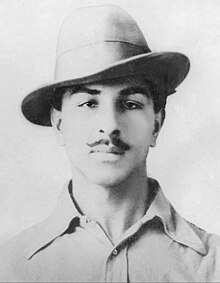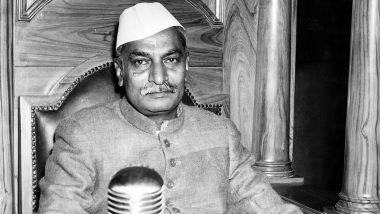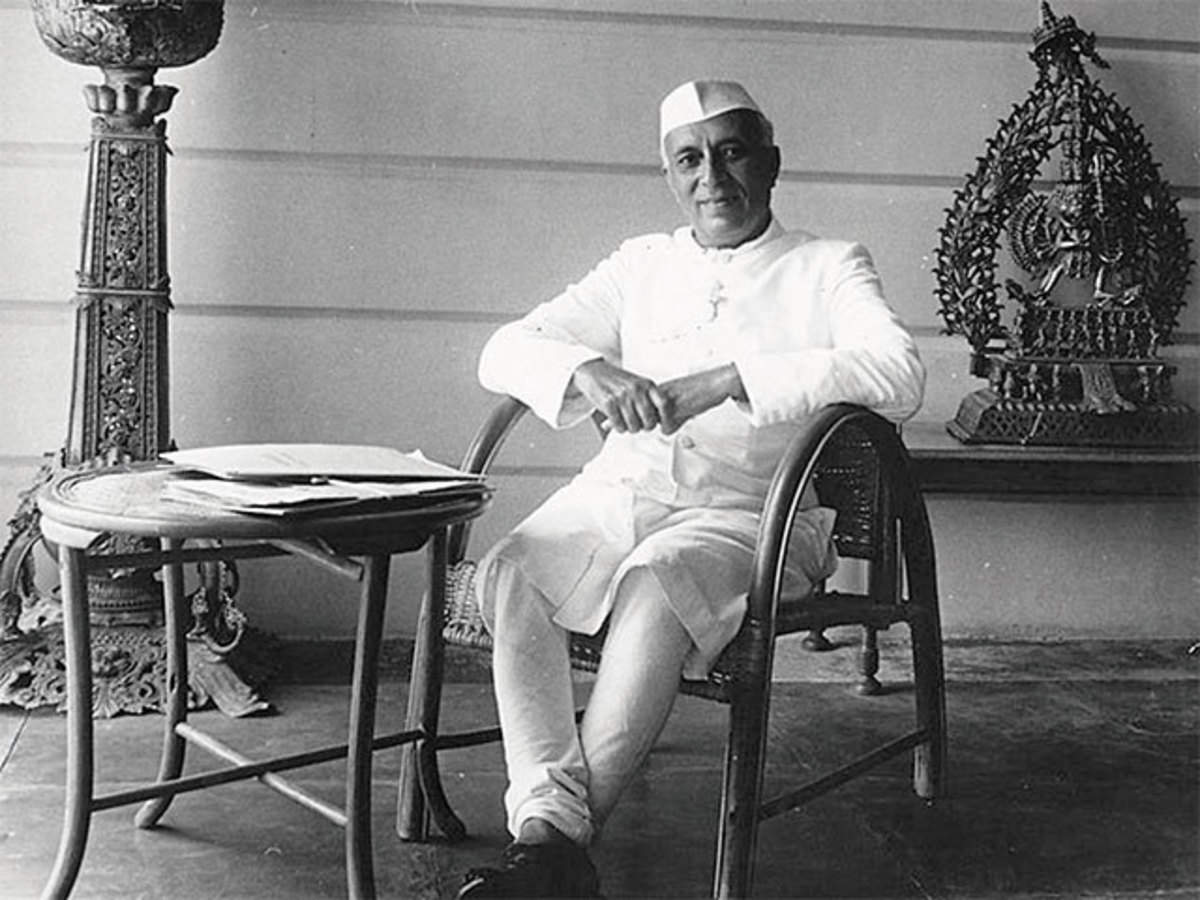List of Important Personalities and Their Contribution to The Indian History
Important Leaders and their Contribution to Indian History
India as a country has a vast country and many personalities are involved in the same. The leaders have played an important role in our history and freedom struggle. Whatever India is today, is because of the contribution of various leaders from ages. These leaders contributed in various spheres and have been of great importance to the Indian society. Following is the list of Important personalities and their contribution to Indian history:
Bhagat Singh 1907-1931

• Member of Hindustan Socialist Republican Army.
• He started the Militant Naujawan Bharat Sabha in Punjab.
• He killed British Official Saunders in 1928 and was involved in Lahore Conspiracy and bombed the Central Legislative Assembly.
• He was executed on March 23, 1931.
Chandra Shekhar Azad 1906-1931

• He was a famous revolutionary activist, member of the Hindustan Republican Association and leader of the Hindustan Social Republican Army.
• He gained his title “Azad” during the Non Cooperation Movement when he was arrested and the court asked his name, he repeatedly answered “Azad”.
• He was involved in Kakori Conspiracy of 1925, Second Lahore Conspiracy, the Delhi Conspiracy, the killing of Saunders in Lahore and Central Assembly bomb episode.
• He shot himself while fighting with the police at Alfred Park in Allahabad.
Read more: MajorReforms and Victories that you need to know
Dadabhai Naoroji 1825-1917

• First to demand ‘Swaraj” in the Calcutta Session of INC, 1906.
• Title — “Indian Gladstone”, “Grand Old Man of lndia’.
• First Indian to be selected to the “House of Commons” on Liberal Party ticket.
• He highlighted the draining of wealth from India by the British and its effect in his book “Poverty and un-British Rule in India “(1901).
Dr Bhimrao Ramji Ambedkar 1891-1956

• Leader of the depressed class and an eminent jurist.
• He founded the Depressed Classes Institute (1924) and Samaj Samata Sangh (1927).
• He set up a network college in the name of Peoples Education Society.
• Participated in all the Three Round Table Conferences and signed the Poona Pact with Gandhiji in 1932.
• He was in the Governor General’s Executive Council from 1942 to 1946 and organized the Indian Labour Party and Scheduled Caste Federation.
• Chairman of the Drafting Committee of Indian Constitution.
• As the first Law Minister of Independent India, he introduced the Hindu Code Bill.
• He started ‘The Republican Party’ in 1956.
• Towards the end of his life, he embraced Buddhism.
Dr Rajendra Prasad 1884-1963

• Participated in Swadeshi Movement (established Bihari Students, Conference), Champaran Satyagrah, NCM, CDM and Quit India Movement.
• Founded the National College at Patna.
• Minister in charge of Food and Agriculture in the Interim Government (1946).
• President of the Constituent Assembly.
• First President of the Indian Republic.
• Honoured with ‘Bharat Ratna’ in 1962.
• Newspaper — Desh (Hindi weekly).
Jawaharlal Nehru 1889-1964

• General Secretary of INC in 1928 and its President in 1929.
• The Independence resolution was passed under his Presidentship at the Lahore Session.
• First Prime Minister of Republic India (from 1947 to 1964), also known as the architect of Modern India.
• He authored the Doctrine of Panchseel and believed in the policy of non-Alignment.
• Books — ‘The Discovery of India’, ‘Glimpses of world, History’, ‘A Bunch of Old Letters’, ‘The Unity of India’, ‘Independence and After’, ‘India and the world’ etc.
• His autobiography was entitled as “Autobiography”.
Jayaprakash Narayana 1902-1979

• A freedom fighter from Bihar, he is popularly known as Loknayak.
• He was a follower of Marxist philosophy and advocated for the nationalization of heavy industries and abolition of Zamindari.
• He joined INC on Nehru’s offer and was jailed during CDM.
• He formed the All India Socialist Party in 1934.
• He actively participated in the Quit India Movement and was imprisoned.
• He Joined the Bhoodan Movement of Vinoba Bhave.
• In 1975, he protested against the National Emergency and founded the Janata Party.
Maulana Abul Kalam Azad 1890-1958

• Joined INC during Swadeshi Movement.
• President of Khilafat Committee. Presided over the Congress Special Session at Delhi in 1923, to become the youngest President. Also the longest-serving President of INC.
• He headed the Jamiat-ul-Ulema (1924), Nationalist Muslim Conference, Shimla Conference (1945) and negotiated with Cabinet Mission, 1946.
• Elected as the member of Constituent Assembly in 1946 and became Minister of Education and Arts in the Interim Government.
• First Education Minister of Independent India. Also given the portfolios of natural resources and scientific research.
• Contributed in the foundation of UGC, AICTE and IIT Kharagpur.
Mohammad All Jinnah 1876-1948
• He was inspired by the ideas of Gopal Krishna Gokhale.
• In 1906, he signed a memorandum against separate electorates for Muslims.
• Joined the All-India Muslim League in 1913 and played a major role in signing or Lucknow Pact.
• In 1917, joined the Home Rule Movement of Annie Besant.
• His differences with Congress began after the entry of Gandhiji in Congress. He opposed the NCM of Gandhiji.
• In 1929, he proposed his Fourteen Point Demands.
• Lahore Session of Muslim League (194o) passed the “Pakistan Resolution” demanding for a separate state for Muslims. Jinnah stuck to League’s demand in all the negotiations with Britain, and finally, Pakistan was formed.
• He became the first Governor-General of Pakistan.
Check our Instagram: Ownguru
Facebook: Ownguru
If you have an interesting write-up or any suggestion, write to us at ownguru@gmail.com
